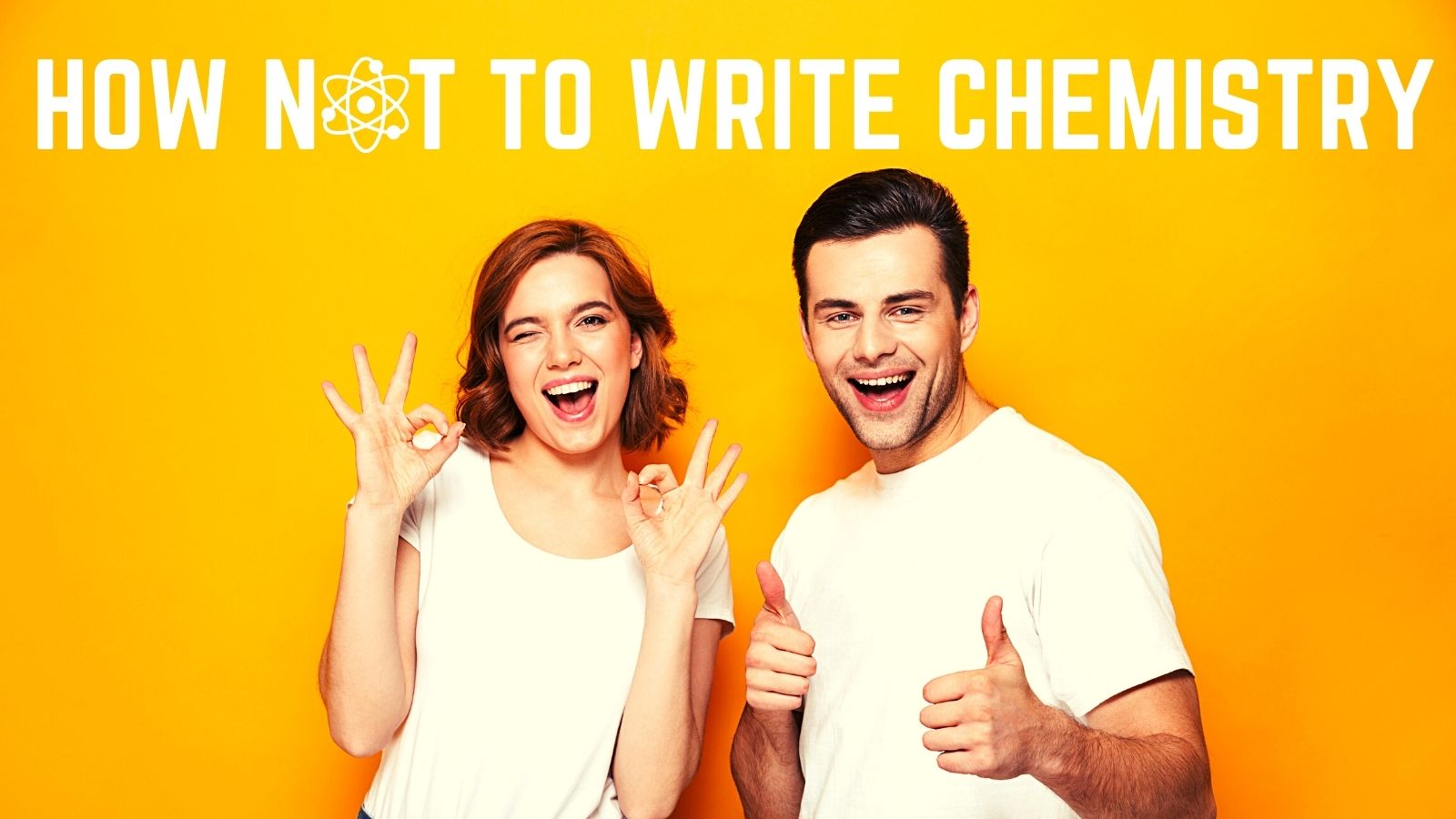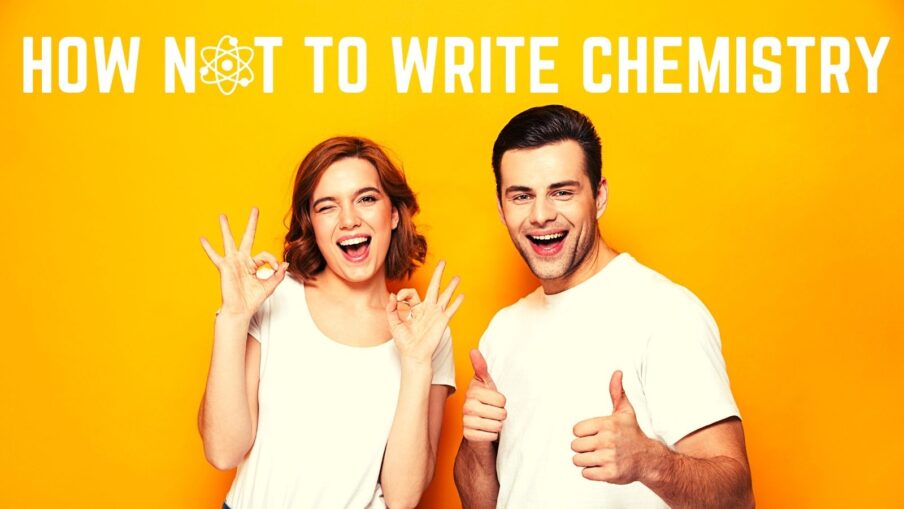by Angela Ruth Strong, @AngelaRStrong 
As a romance writer, I have the pet peeve of reading a book where chemistry is lacking. I said this on a recent podcast interview, and the interviewer asked for advice on writing chemistry. I brilliantly responded, “Uh…” But I’ve been thinking about it ever since, and I’ve come up with seven things to avoid when trying to create chemistry.
- Don’t mistake chemistry with romance. I watched Black Widow this week, and those sisters had great chemistry, particularly when it came to Yelena’s vest with all the pockets. The way they interacted with each other made the film fun to watch. The same can be said for Dee Henderson’s O’Malley Series. The foster siblings had great chemistry, especially on the basketball court.
- Don’t assume chemistry has to mean love. I also watched a documentary on the movie Dirty Dancing last weekend. Actress Jennifer Grey had a special dislike for Patrick Swayze and really didn’t want him to be given the role of Johnny, but the way their feelings made them play off each other was electric. That scene where she kept laughing because he accidentally tickled her armpit was not scripted, and Swayze was honestly annoyed. The cinematographer kept rolling and captured all the very real emotion.
- Don’t base it on appearances. If your characters are falling in love, it can’t be because she was breathtakingly beautiful or he looks really good without a shirt on. Even if the heroine is beautiful, this isn’t why he’s drawn to her. There has to be something deeper between them. Her spirit has to meet some need of his that he doesn’t even know he has. And vice versa. Like in Kara Isaac’s Then There Was You. The heroine is in the hero’s parents’ home when he walks into the kitchen and starts to rip off his shirt. She says something midway through the strip show, and he frantically tries to pull the shirt back on, but it gets stuck on his head. Yeah, he’s revealed his impressive abs, but it’s the way the shirt over his face makes her laugh that starts to melt the ice around her heart.

- Don’t let them say exactly what they’re thinking. Author/agent Cynthia Ruchti gave an example of dialog where one character is asking another character how her cancer results came back. Instead of the character saying, “I have cancer,” she responded with, “Will you take the kids to Disneyland for me?” You feel the difference in emotion there? Or maybe the characters are intentionally hiding something from each other like in The Scarlet Pimpernel. It’s more about what’s avoided.
- Don’t forget non-verbal communication. Characters with chemistry have such a connection that they know stuff about each other without being told. They can feel the other person’s presence. They see where the other person is looking and can guess what they are thinking. For example, in the scene from You’ve Got Mail where Meg Ryan is pretending to powder her nose so she can secretly look at Tom Hanks in her mirror, he turns around and catches her.
- Don’t give anyone else the same kind of connection. In script writing, you highlight how the character is feeling by showing everyone in the background feeling the opposite. You can do this with a couple’s chemistry too. Nobody else feels the same feelings that the characters with chemistry make each other feel. Nobody else gets it. I read Heidi Chiavaroli’s debut novel, Freedom’s Ring, and texted her, “That scene!” She knew exactly what scene I was talking about because the chemistry was off the charts. Basically, the enemy shows up in the heroine’s backyard, and her boyfriend pulls a gun on him. What the boyfriend doesn’t know is that she has a history with this enemy. The boyfriend is feeling something very, very different from what the heroine and the enemy feel when they look at each other.
- Don’t be afraid to light them up. If you want fireworks, your characters have to be a wick and a flame. Things only get explosive when they come together. They make each other do and say stuff that they never would have done or said on their own. And it’s so noticeable that everyone around either turns to watch or gets annoyed and leaves.
Writing good chemistry will not only bring your characters to life but it will suck your readers into the fictional relationship and keep them turning pages for the fun of it.
In a world full of happily-ever-after love, Meri Newberg feels like the last young woman on the planet to be single, at least in her Christian friend group. So when she’s handed a strange present at the latest wedding–a 1950s magazine article of “ways to get a husband”–she decides there’s nothing to lose by trying out its advice. After all, she can’t get any more single, can she?
Her brother’s roommate sees the whole thing as a great opportunity. Not to fall in love–Kai Kamaka has no interest in the effort a serious relationship takes. No, this is a career jump start. He talks Meri into letting him film every silly husband-catching attempt for a new online show. If it goes viral, his career as a cameraman will be made.
When Meri Me debuts, it’s an instant hit. People love watching her lasso men on street corners, drop handkerchiefs for unsuspecting potential beaus, and otherwise embarrass herself in pursuit of true love. But the longer this game goes on, the less sure Kai is that he wants Meri to snag anyone but him. The only problem is that he may not be the kind of husband material she’s looking for . . .
Angela Ruth Strong sold her first Christian romance novel in 2009 then quit writing romance when her husband left her. Ten years later, God has shown her the true meaning of love, and there’s nothing else she’d rather write about. Her books have since earned TOP PICK in Romantic Times, been optioned for film, won the Cascade Award, and been Amazon best-sellers. She also writes non-fiction for SpiritLed Woman. To help aspiring authors, she started IDAhope Writers where she lives in Idaho, and she teaches as an expert online at WRITE THAT BOOK.



Comments 2
Wow, I love this! Thanks for putting words (and examples) to something that always seems so elusive and difficult to explain. So good. Thanks!
Glad you enjoyed it!